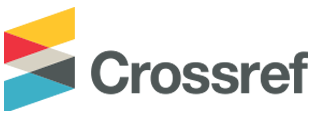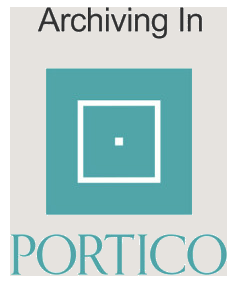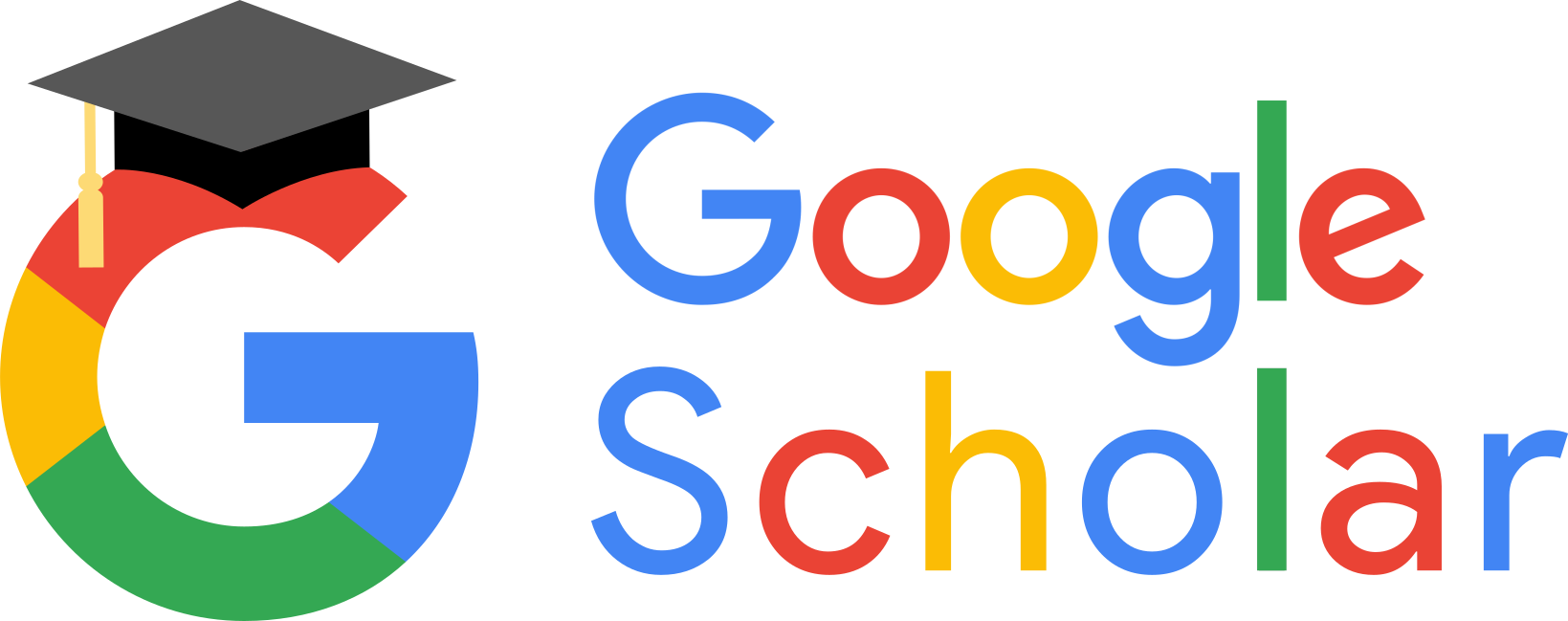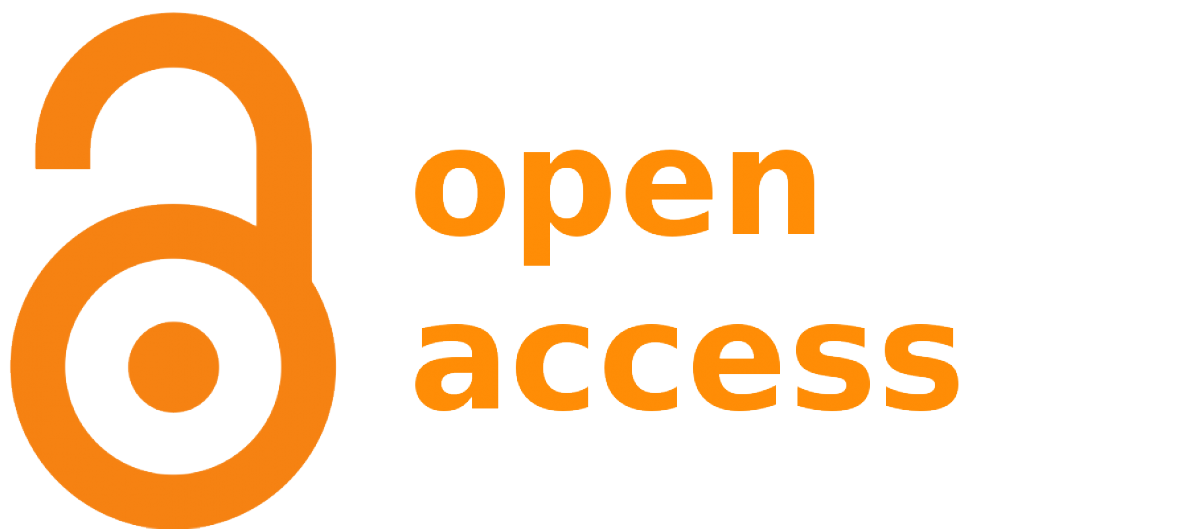Keywords
storytelling; authenticity/inauthenticity; auto-ethnography; disability; inclusion; equity; equality; diversity
Abstract
This article challenges the traditional methodology of facilitating conceptual discussions about equality and diversity issues in training workshops, which has resulted in slow progress towards promoting more inclusive cultures in universities. The author puts forward the approach of ontological inquiry which enables individuals to look at and access their own tacit, unconscious, and inherited ways of being and acting. This approach, it is argued, has the potential to strengthen the way in which issues of power and injustice are addressed in universities. The author adopts storytelling as a pedagogical device to expose and invite inquiry about privilege, injustice and the abuse of power and uses auto-ethnography as a method in combination with ontological inquiry to access and relate her own lived experience through ten short ‘scenes.’ Engaging in the process of ontological inquiry while writing this article reveals and distinguishes the author’s inauthentic ways of being as a child, as a school teacher and as an academic. It is proposed that being authentic about our lived experience, and sharing it with others, has the potential to transform the way the complex task of promoting a more inclusive culture in education is approached.
Recommended Citation
Miles, Susie
(2023)
"Distinguishing Inauthenticities: The Role of Personal Storytelling in Engaging with Equality, Diversity and Inclusion in Education,"
Turning Toward Being: The Journal of Ontological Inquiry in Education: Vol. 1:
Iss.
2, Article 3.
Available at:
https://rdw.rowan.edu/joie/vol1/iss2/3






